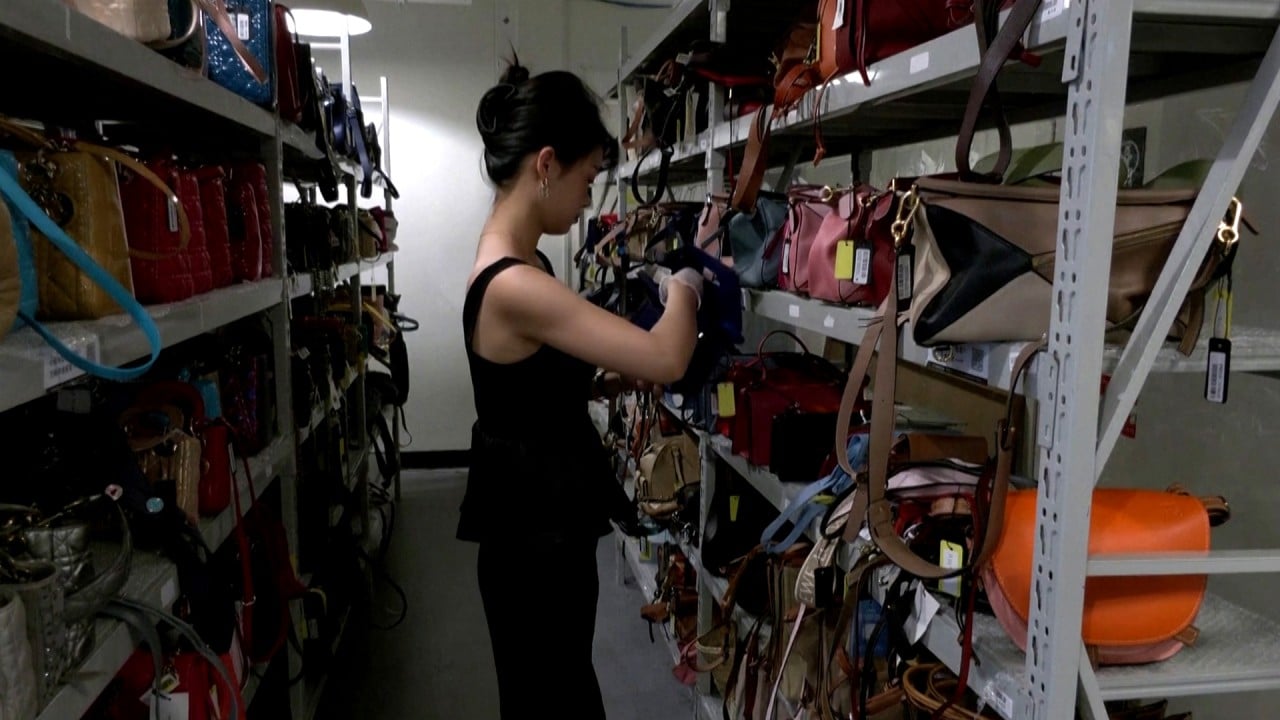
Hong Kong’s retail market faces ‘slow recovery’ as surging Covid-19 cases rain on the parade of city’s open border
- A recent uptick in enquiries from potential shop tenants betting on a flood of mainland visitors returning will be short-lived, says secretary general of commerce group
- Retail landlords also face a surge in supply as an estimated 3.9 million square feet of shopping mall space is set to open this year, according to Colliers
Lee pointed to the vacancy levels of high street shops and the fact most tenants are still merely asking rather than committing. However, things could improve by the middle of this year if new Covid-19 drugs emerged that led to a full border reopening, he said.
The holiday week could spell even worse news for the city’s retailers, according to Annie Tse, chairwoman of the Hong Kong Retail Management Association, which has 9,000 members.
“The situation in January is still not optimistic. Lunar New Year is a long holiday, and there is likely to be more outbound travel,” said Tse. “As the border has reopened, there may be more locals going back to the mainland for the festival visiting relatives. We expect the first half of 2023 to still be in a very bad situation.”
Any significant improvement in sales year on year is because of the low base in early 2022 when the fifth wave of coronavirus was sweeping Hong Kong, she added.
“Some landlords could not wait to propose long leases and raise rents upon the announcement of the border reopening,” she said. She asked for their understanding, explaining to them that the border reopening did not mean business would return to normal immediately.
A large chunk of this will come from the retail portion of Nan Fung Development’s Airside commercial development in Kai Tak, which is expected to provide some 700,000 sq ft of gross floor area.
Shopping centre landlords are expected to run loyalty programmes, promotions and festive events to attract footfall.
The number of shop, office and industrial property deals nosedived 36 per cent last year to just 4,431, the second-lowest since records began in 1996, according to Ricacorp Properties. Demand was hobbled by Covid-19 outbreaks, the slumping stock market and rising interest rates.


